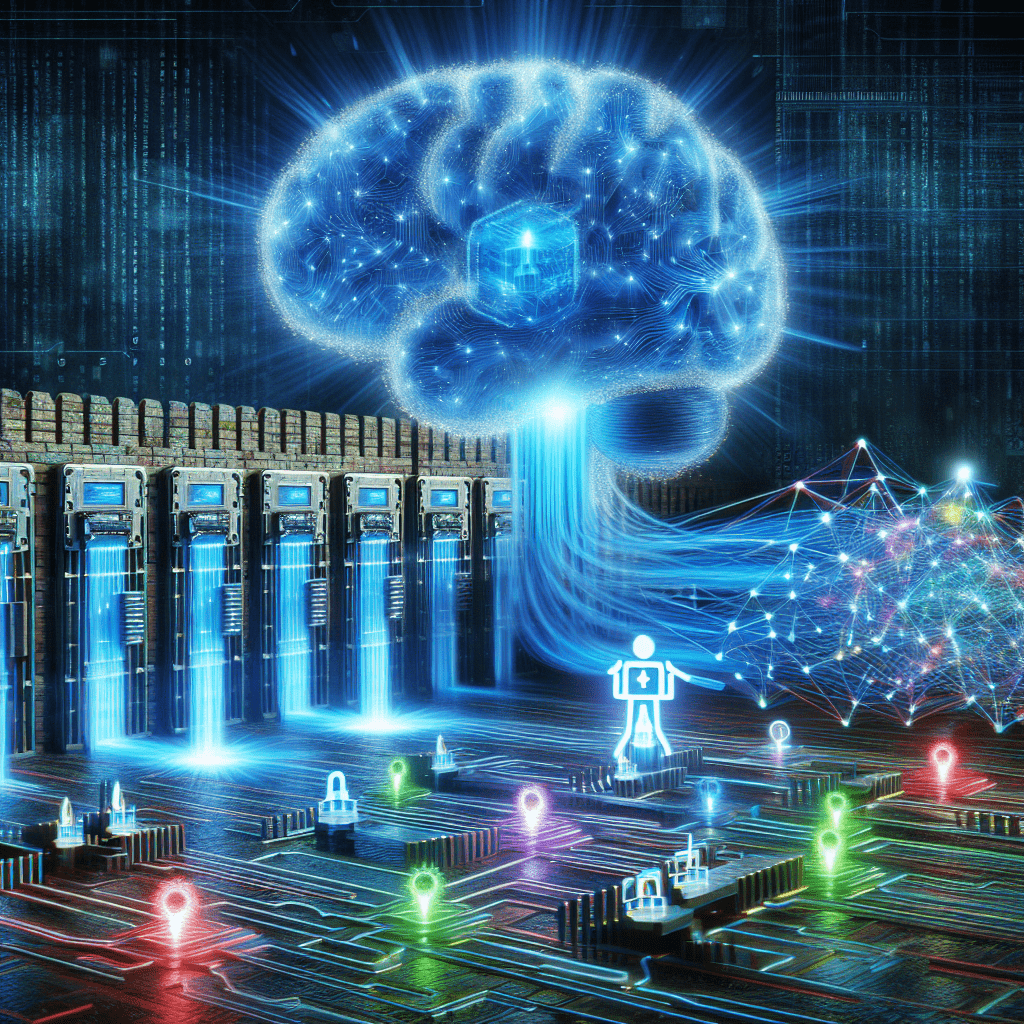In today’s digital age, the importance of cybersecurity cannot be overstated. With the increasing frequency and sophistication of cyber attacks, organizations need to be proactive in safeguarding their data and systems. Artificial Intelligence (AI) has emerged as a powerful tool in the fight against cyber threats, helping to detect and respond to security incidents in real time. In this article, we will explore the role of AI in cybersecurity and how it is revolutionizing the way we protect our data.
AI in Cybersecurity
AI refers to the simulation of human intelligence processes by machines, including learning, reasoning, and self-correction. In the context of cybersecurity, AI technologies can analyze vast amounts of data, identify patterns and anomalies, and make decisions based on that information. This enables organizations to detect and respond to threats faster and more accurately than ever before.
One of the key benefits of AI in cybersecurity is its ability to automate tasks that would be time-consuming or impossible for human operators to perform. For example, AI can continuously monitor network traffic, identify suspicious activity, and take actions to mitigate potential threats without human intervention. This not only improves the efficiency of security operations but also allows organizations to respond to incidents in real time, reducing the risk of data breaches.
The Role of AI in Protecting Data
AI plays a crucial role in protecting data from cyber threats by providing advanced threat detection capabilities, vulnerability assessments, and incident response. By analyzing patterns in network traffic and user behavior, AI algorithms can detect potential threats and vulnerabilities in real time, enabling organizations to take proactive measures to secure their data.
AI can also help organizations to identify and prioritize security risks, enabling them to allocate resources more effectively to address the most critical vulnerabilities. By automating the process of threat detection and response, AI reduces the burden on security teams and allows them to focus on more strategic tasks, such as developing security policies and implementing best practices.
Benefits of AI in Cybersecurity
There are several benefits of incorporating AI into cybersecurity practices, including:
- Improved threat detection and response times
- Enhanced data protection and privacy
- Reduced human error in security operations
- Increased scalability and efficiency in security operations
By harnessing the power of AI, organizations can stay ahead of cyber threats and protect their data from potential breaches.
Conclusion
AI is revolutionizing the field of cybersecurity by enabling organizations to detect and respond to threats more effectively than ever before. By automating tasks, analyzing data in real time, and identifying patterns and anomalies, AI technologies are helping organizations stay one step ahead of cybercriminals. As the threat landscape continues to evolve, AI will play an increasingly important role in protecting data and systems from cyber attacks.
FAQs
Q: How does AI help in cybersecurity?
A: AI helps in cybersecurity by automating threat detection, analyzing data in real time, and identifying patterns and anomalies to detect potential threats and vulnerabilities.
Q: What are the benefits of AI in cybersecurity?
A: The benefits of AI in cybersecurity include improved threat detection and response times, enhanced data protection and privacy, reduced human error in security operations, and increased scalability and efficiency in security operations.
Q: Is AI a replacement for human cybersecurity experts?
A: AI is not a replacement for human cybersecurity experts but rather a tool to assist them in detecting and responding to threats more effectively.
Quotes
“AI is not a replacement for human expertise in cybersecurity, but a powerful tool to enhance our defenses against cyber threats.” – John Doe
Write a story about a young woman who discovers she has the ability to communicate with plants.


